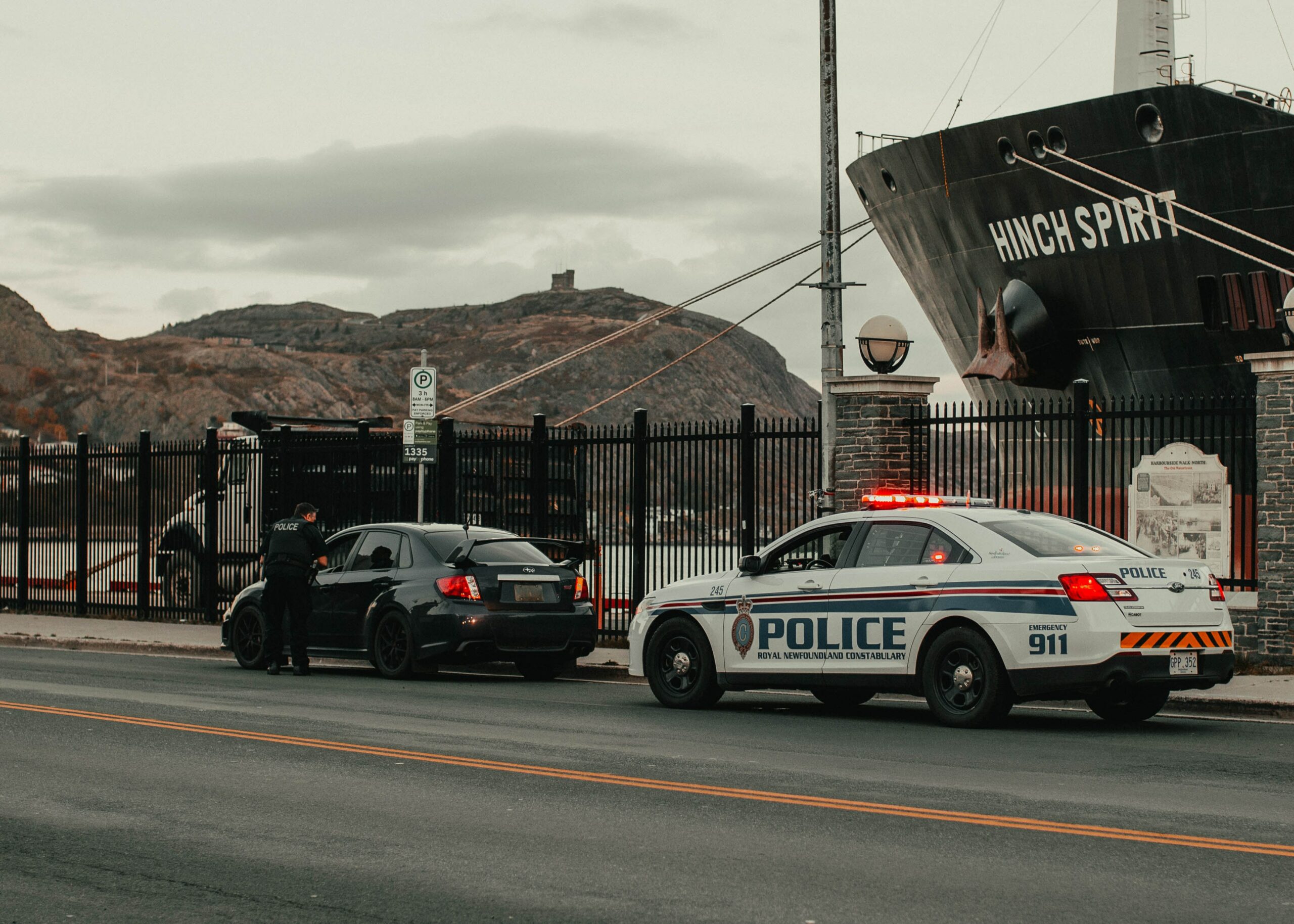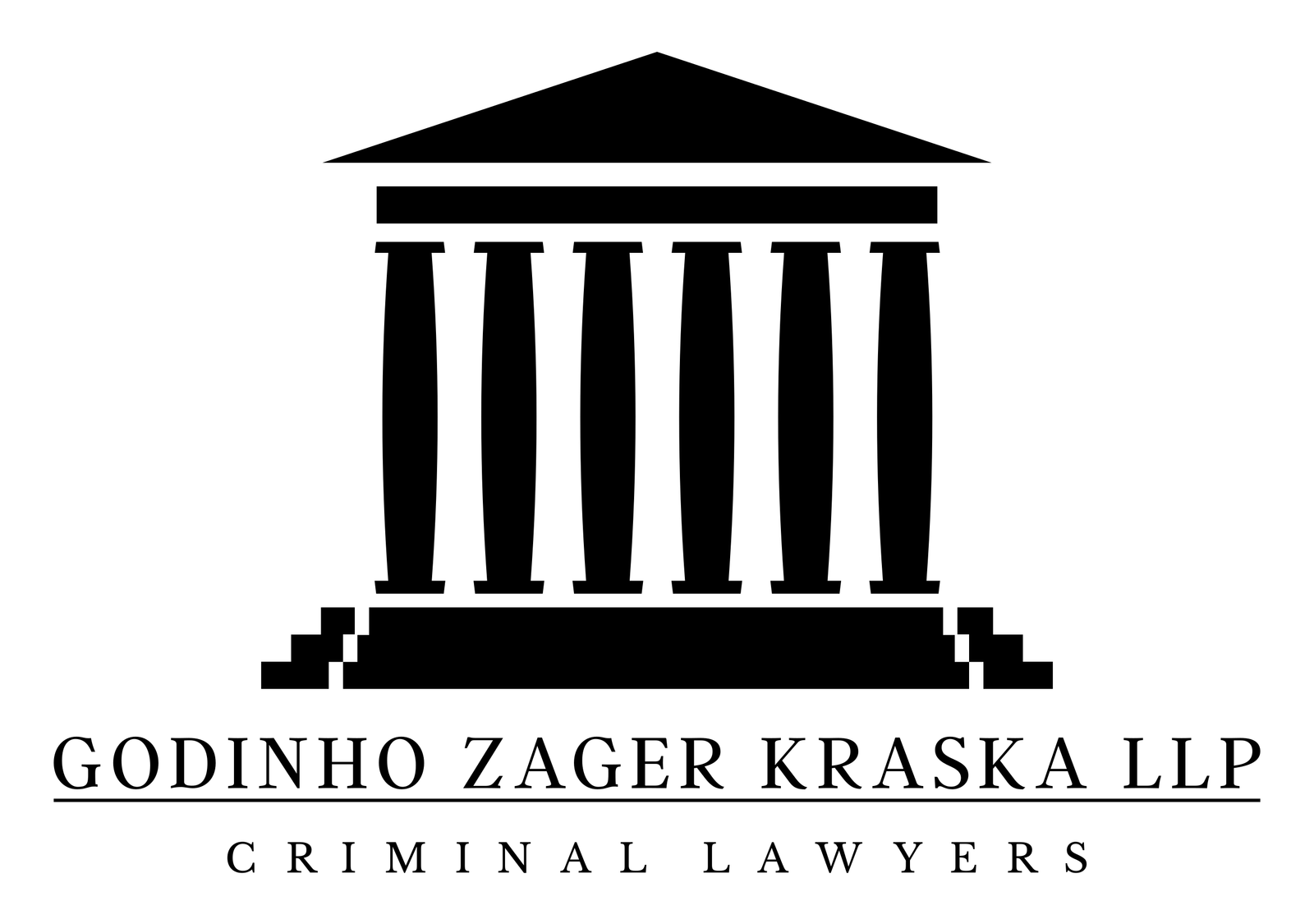Dangerous Driving (Operation) is an offence under section 320.13 of the Criminal Code. The section criminalizes individuals who drive in a manner that poses a danger to the public, taking into account all relevant circumstances, such as the nature, condition, and use of the location where the motor vehicle is being operated, as well as the level of traffic present or reasonably expected at that place.
The court’s legal assessment will examine whether the driving constitutes a “marked departure from the standard of care that a reasonable person would observe in the circumstances.” In simpler terms, the court will consider whether the driving was significantly more dangerous than how an objectively reasonable driver would have operated the vehicle under the same circumstances. What qualifies as an objectively reasonable driver depends on various factors, including the specific location where the vehicle was driven (e.g., a residential road vs. a highway), the volume of traffic or pedestrians present or anticipated, the type of vehicle being driven, whether there were passengers in the vehicle, and whether the vehicle being driven required special licensing (e.g. the person was operating a large commercial vehicle). As a result, in some cases, the level of care required to operate a vehicle in a non-criminal fashion is increased.

The implications of dangerous driving conviction are serious and can have a significant impact on a person’s life. These include but are not limited to: a criminal record, a victim fine surcharge; a driving prohibition; a driver’s license suspension; a remedial driving course; changes to including the increase in premiums or cancellation of your automobile insurance; jail and a potential impact on your immigration status such as being declared inadmissible in Canada if you are not a Canadian Citizen.
Dangerous Driving causing Bodily Harm or Death are offences under sections 320.13(2) and (3) of the Criminal Code. To establish guilt, the Crown needs to prove that the accused was both the factual and legal cause of the bodily harm or death, in addition to meeting other elements of dangerous driving.
Factual causation involves determining how the victim suffered bodily harm or died in a medical, mechanical, or physical sense, and the extent to which the accused contributed to that outcome.
Legal causation considers whether the accused should be held legally responsible for the consequence of their actions, such as causing death or bodily harm. In cases of negligence-based offenses like dangerous driving, determining legal causation includes assessing reasonable foreseeability of harm. Conduct that is inherently dangerous and carries a reasonably foreseeable risk of immediate and substantial harm satisfies the standard required for legal causation.
Failure to Stop after an Accident is an offence under section 320.16 of the Criminal Code. To establish guilt, the Crown must prove that (1) the accused was operating a motor vehicle; (2) the vehicle was involved in an accident; (3) the accused knew the vehicle was involved in an accident; (4) the accused failed to stop and identify themselves after the accident and provide assistance where necessary; and (5) the accused intended to drive away. However, individuals involved in collisions are not always required to stop immediately, because in some situations it may be impossible or unsafe for the motorist to come to a sudden stop. Additionally, in some circumstances, it may not be necessary to provide the other motorist with your identifying information such as where the other motorist is seriously injured.
The implications of a Failure to Stop after an Accident conviction are serious and can have a significant impact on a person’s life. These include but are not limited to: a fine and victim fine surcharge; a driving prohibition; a driver’s license suspension; changes to including the increase in premiums or cancellation of your automobile insurance; jail and potential impact on your immigration status such as being declared inadmissible in Canada if you are not a Canadian Citizen.
At Godinho Zager Kraska LLP, our Criminal Lawyers possess extensive experience in handling and defending Failure to Stop after an Accident offences. If you or someone you know has been charged with a Failure to Stop after an Accident offence, we strongly urge you to contact us without delay. We offer a free consultation to discuss your situation and explore the available legal options.

Flight from Police is an offence under section 320.17 of the Criminal Code. To establish guilt, the Crown must prove that (1) the accused was operating a motor vehicle or vessel; (2) an officer was pursuing the accused in another motor vehicle; (3) the accused knew that he/she was being pursued by an officer; (4) the accused failed to stop as soon as is reasonable in the circumstances; and (5) the accused had no reasonable excuse for his/her failure to stop.
Whether an accused person stopped “as soon as is reasonable in the circumstances” is a highly fact-specific legal question. The judge may take into account factors such as traffic conditions, the speed of the accused when the pursuit commenced, the time that elapsed after the pursuit began or whether there was a safe position on the road for the driver to stop. Similarly, whether the judge accepts that the accused had a reasonable excuse for failing to stop will be determined based on the specific details of the case.
The implications of a Flight from Police conviction are serious and can have a significant impact on a person’s life. These include but are not limited to: a fine and victim fine surcharge; a driving prohibition; a driver’s license suspension; changes to including the increase in premiums or cancellation of your automobile insurance; jail and potential impact on your immigration status such as being declared inadmissible in Canada if you are not a Canadian Citizen.
At Godinho Zager Kraska LLP, our Criminal Lawyers possess extensive experience in handling and defending Flight from Police offences. If you or someone you know has been charged with a Flight from Police offence, we strongly urge you to contact us without delay. We offer a free consultation to discuss your situation and explore the available legal options.
Driving while disqualified or driving while prohibited, is a criminal offence under section 320.18 of the Criminal Code. In order to be convicted of this offence, the Prosecutor must establish:
- That the person was operating a motor vehicle;
- That the person was prohibited from operating a motor vehicle under the Criminal Code or by any other piece of legislation which was imposed as a result of a Criminal Code conviction.
- That the accused was aware of the driving prohibition at the time of the alleged offence.
Generally, criminal prohibitions are imposed on individuals convicted or found guilty of drinking and driving, DUIs or other criminal driving related offences. If this same person is found to be driving while the criminal prohibition order is still in effect, they can be held liable for a prohibited driving. Sometimes, the Ministry of Transportation suspends a person’s driver’s licence if they are found guilty of a criminal driving offence. In this situation, even if the criminal prohibition is no longer in effect, if the person’s license remains suspended because of the Ministry of Transportation suspension (for instance, because you have not taken the necessary remedial steps required by the Ministry of Transportation to lift the suspension) you can still be charged criminally under section 320.18.
The implications of a prohibited driving conviction are serious and can have a significant impact on a person’s life. Often, the default position by Prosecutors and judges is to sentence the person to jail. There can be additional consequences as well. These include but are not limited to: a fine and victim fine surcharge; an additional and consecutive driving prohibition; a further and consecutive driver’s license suspension; changes to including the increase in premiums or cancellation of your automobile insurance and potential impact on your immigration status such as being declared inadmissible in Canada if you are not a Canadian Citizen.
At Godinho Zager Kraska LLP, our Criminal Lawyers have extensive experience in handling and defending prohibited driving offences at trial. If you or someone you know has been charged with a prohibit driving offence please do not hesitate to contact us. We offer a free consultation to discuss your situation and explore the available legal options.

Let us help you!
Contact us now for a free consultation.
